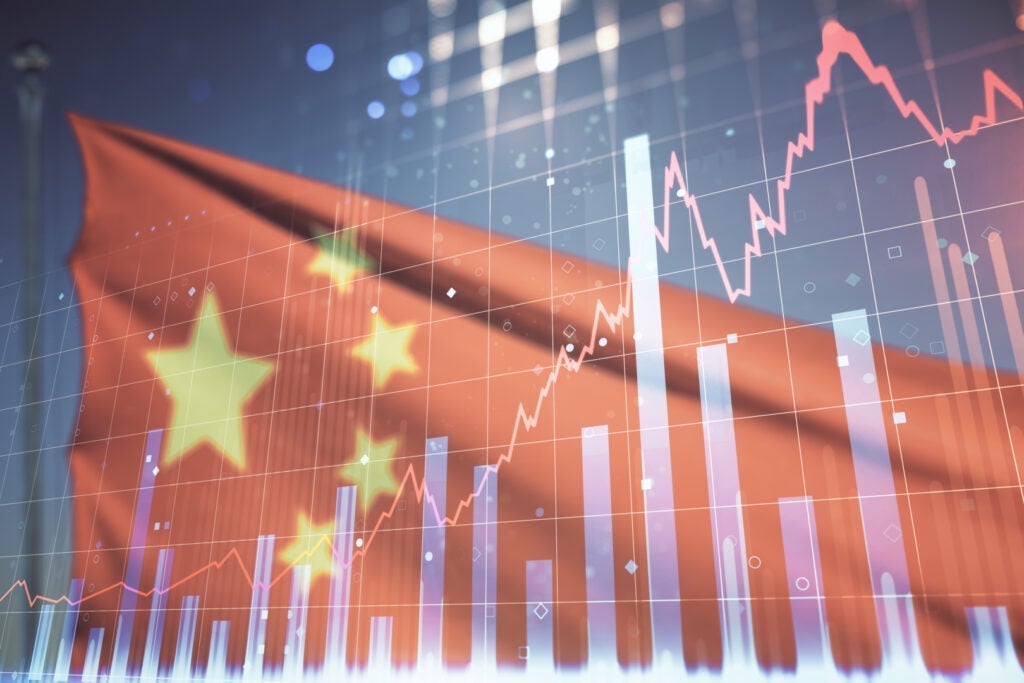China’s yuan is expected to experience fluctuations due to Beijing’s economic stimulus and pressures from the United States as its presidential election approaches on Nov. 5, analysts indicated.
What Happened: The yuan could appreciate against the U.S. dollar if Beijing implements significant fiscal policy easing as part of its stimulus efforts, the South China Morning Post reported on Monday. This could counteract depreciation pressures from potential U.S. trade tariff hikes.
Analysts from Goldman Sachs noted that rapid yuan appreciation might encourage exporters to settle more foreign exchange, potentially boosting the yuan against trading-partner currencies. However, this could negatively impact China’s export growth, which the People's Bank of China aims to avoid. The central bank previously stated it would guard against exchange-rate overshooting.
Meanwhile, strong U.S. jobs data and the upcoming election could further support the dollar, according to Barclays analyst Mitul Kotecha. The U.S. dollar has already gained against the offshore yuan due to a broader rebound. If former President Donald Trump is re-elected, the yuan may face additional pressure from fears of tariffs and sanctions, as noted by ING economist Lynn Song.
See Also: What’s Going On With Futu Holdings’ Stock?
Why It Matters: China’s recent economic stimulus measures have been significant, with the country making substantial changes to its monetary policy. This includes adjustments to mortgage rates and other stimuli, which have led to increased flows into Chinese stocks. Notably, traders are showing confidence by holding risk in Chinese stocks over a longer period, indicating a positive outlook.
Before these stimulus announcements, China was on the brink of a Japan-style ‘lost decade’ of deflation and stagnation. The People's Bank of China took decisive action by cutting its mandatory reserve ratio and reducing policy rates. These measures aim to counteract deflationary pressures and stimulate economic growth.
Read Next:
Image via Shutterstock
This story was generated using Benzinga Neuro and edited by Pooja Rajkumari
© 2024 Benzinga.com. Benzinga does not provide investment advice. All rights reserved.








